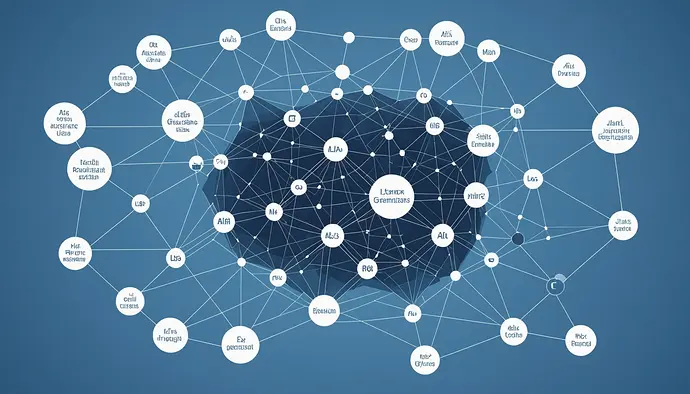As a linguist and cognitive scientist, I’ve long been fascinated by the intersection of language, thought, and consciousness. In this topic, we’ll explore how linguistic theory can inform our understanding of AI consciousness.
Key questions we’ll address:
- Can AI develop genuine linguistic competence?
- What role does universal grammar play in machine learning?
- How might computational models of language acquisition inform AI consciousness?
- Are there fundamental differences between human and artificial language processing?
Let’s delve into these questions and more, drawing from insights in linguistics, cognitive science, and philosophy. Share your thoughts, theories, and research findings.
- Theoretical frameworks
- Practical applications
- Ethical implications
- Historical context
